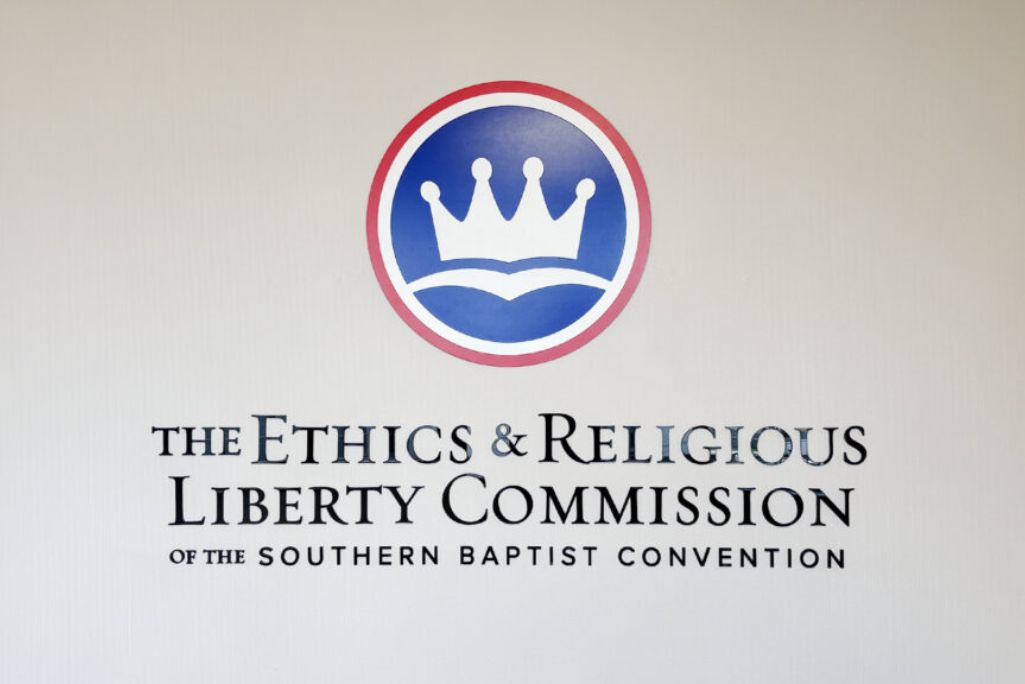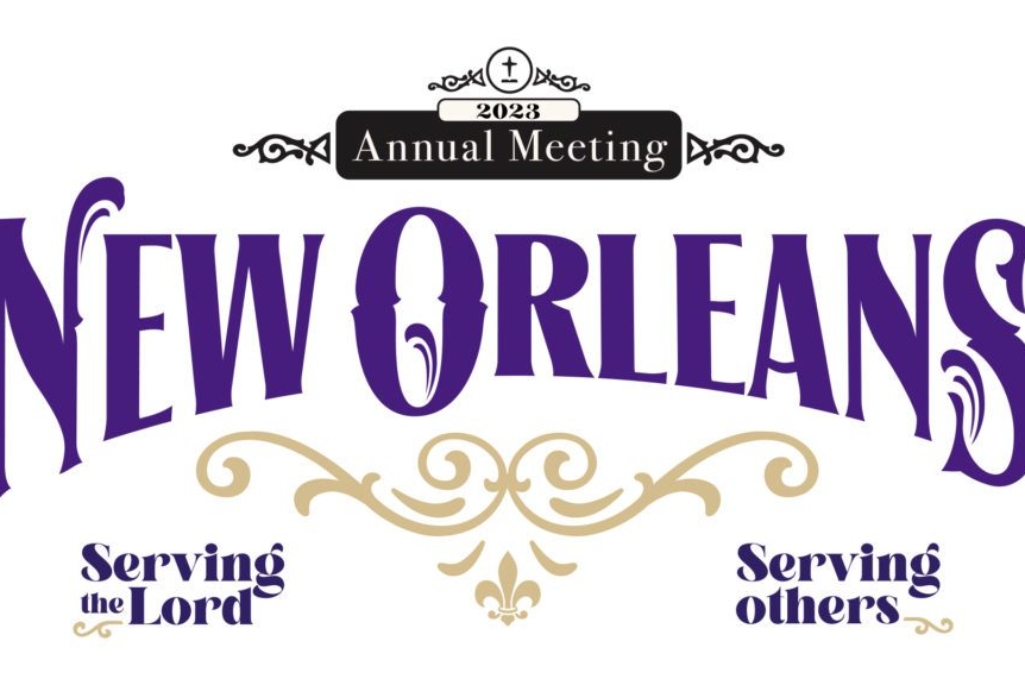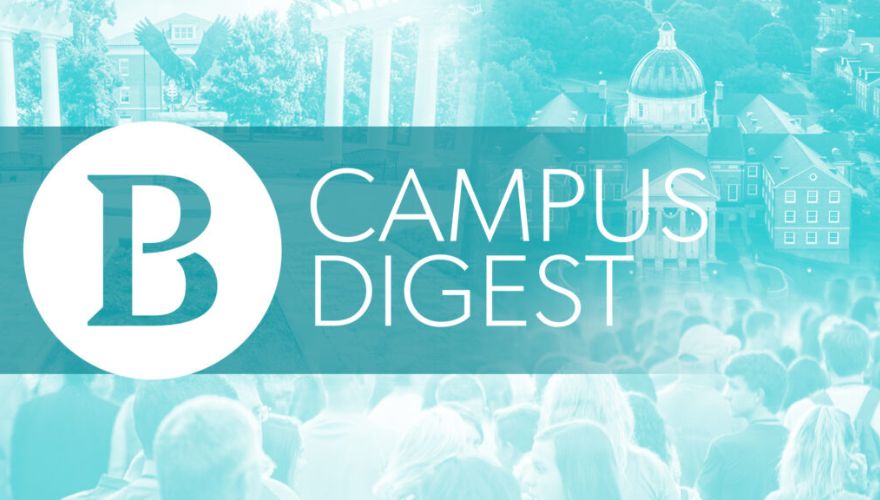
NASHVILLE (BP) — A Southern Baptist Convention (SBC) entity president has expressed “grave doubts” about the usefulness of the Ethics & Religious Liberty Commission (ERLC) in Southern Baptist life. The ERLC and its advocates followed those comments with a flurry of defense for the convention’s public policy commission.
Albert Mohler, president of Southern Baptist Theological Seminary (SBTS), said he “has grave doubts about the utility of the ERLC. And it’s not just about the current moment.” He made his comments on an April 30 episode of the Baptist 21 podcast, adding, “It would be wrong for me to lead any such effort” to abolish or defund the ERLC.
ERLC Trustee Chairman Scott Foshie said in a statement this week, “For over 100 years, the Ethics & Religious Liberty Commission has played a pivotal role in shaping culture and equipping pastors by bringing a distinctively Baptist voice to the public square,” Foshie said. “The board of trustees is steadfast in its commitment to advancing the future of the invaluable service the ERLC provides to its Convention of churches.”
ERLC President Brent Leatherwood said the ERLC is gaining ground in Washington.
“Our focus is on the work Southern Baptists have assigned to us, ” he said. “We are gaining ground with our allies on the Hill to finally and permanently defund Planned Parenthood. We’re taking aim at banning pornography. At every opportunity, we’re equipping our churches to stand firm against the pervasive transgender ideology that so defines the spirit of the age.”
The back-and-forth followed at least three consecutive SBC annual meetings with attempts to close or defund the ERLC. Last year, a motion to abolish the ERLC failed to gain the first of two required two-thirds votes. The following month saw leadership turmoil at the ERLC, with the entity announcing President Brent Leatherwood’s removal in July and retracting that announcement a day later.
In 2023 a motion to reallocate the ERLC’s budget to fund the Abuse Reform Implementation Task Force was ruled out of order. In 2022, messengers also voted down a motion to abolish the commission.
Such attempts at shuttering the ERLC and its predecessor organizations are nothing new. In the 1960s and 1970s, for example, the Christian Life Commission fended off multiple efforts to close or defund it.
One unique facet of this year’s discussion is that an SBC entity leader has questioned the ERLC in a public forum. On the Baptist 21 podcast, Mohler gave two reasons for his concerns about the ERLC, noting, “I love Brent Leatherwood, and so this is not at all about him as president. It is about the viability of a particular commission at a particular time.”
First, Mohler said it is a “risky proposition” to have “an entity that is assigned to represent the SBC in a formal sense on so many of the hottest issues of the day.” It “makes perfect sense” for hierarchical denominations like the Roman Catholic Church to have an “official representative” in Washington. But “for the SBC, it’s always a bit more difficult.”
Mohler conceded that “there are clear Baptist principles, biblical principles we want to advertise as loudly to the world as we can.” But “the question is how do we best do that.”
Mohler also suggested a “commission” might not be as useful to the SBC as its “boards” and “institutions.” He claimed “that commissions are different than the boards and the institutions, primarily because they have a particular function. And you know, we have eliminated most of the commissions, and it’s largely because other entities and the churches themselves and the state conventions have taken up this task.”
Mohler did not explain the distinction he was drawing between different types of convention entities. Articles 6 and 7 of the SBC Constitution appear to place “commissions” on equal footing with “boards” and “institutions” in the SBC’s policies and procedures.
The SBC eliminated multiple commissions in the late 1990s, including the Education Commission, the Stewardship Commission and the Historical Commission, at the recommendation of a study committee on which Mohler served. Other commissions, like the Brotherhood Commission, were subsumed into new convention entities.
Foshie said the ERLC’s current work is vital to the convention’s churches.
“The ERLC has been actively engaging with pastors and state convention leaders across the country, listening to their invaluable insights as they navigate complex issues within their ministries,” he said. “This commitment to meaningful dialogue isn’t just a one-time effort — it’s an ongoing mission that will continue in the years ahead. This Baptist institution gets real work done on issues that Southern Baptists care about.”
Leatherwood said he and the ERLC stand “in solidarity” with other SBC entities in support of their work in missions, church planting and seminary training.
“The ERLC has stood in the gap towards faithful engagement in the public square, bolstered by research and wisdom from leading Southern Baptist ethicists,” he said. “There has never been a greater need for the ERLC, and I’m grateful to have the opportunity to serve Southern Baptists at such a pivotal time.”
Former ERLC President Richard Land also advocated for the commission’s continued existence in a May 7 first-person article published by Baptist Press.
“As we prepare for our annual meeting next month, it appears that messengers will once again be asked whether they want an established, Convention-approved voice that speaks up on complex issues of life and religious liberty in our nation’s capital and helps our churches navigate the ethical conundrums of our day,” Land wrote. “In short: do we still need the ERLC? In a word: yes! It would be a terrible mistake for the Convention to shutter the ERLC, whatever mechanism they may use to accomplish such an end.”
The SBC annual meeting is June 10-11 in Dallas.
(EDITOR’S NOTE — David Roach is a writer in Mobile, Ala.)


